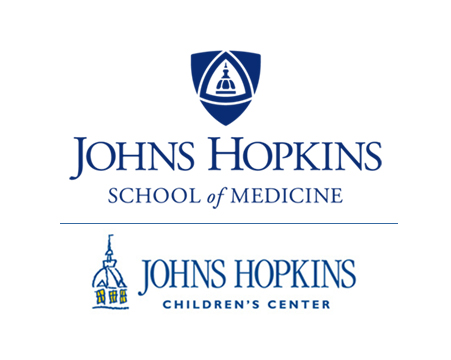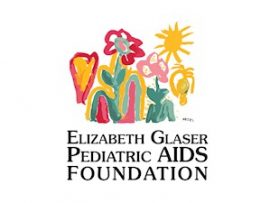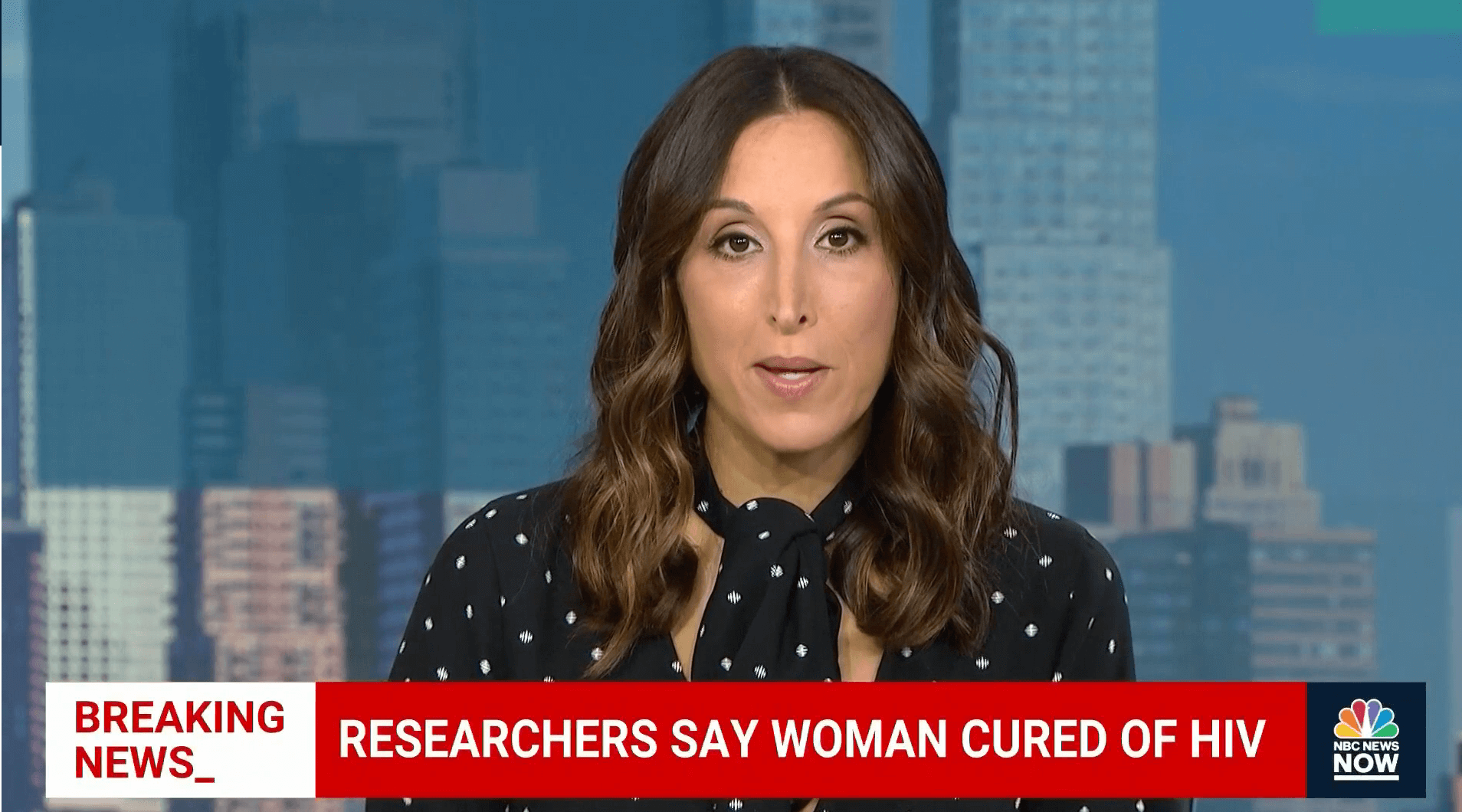News Category: News
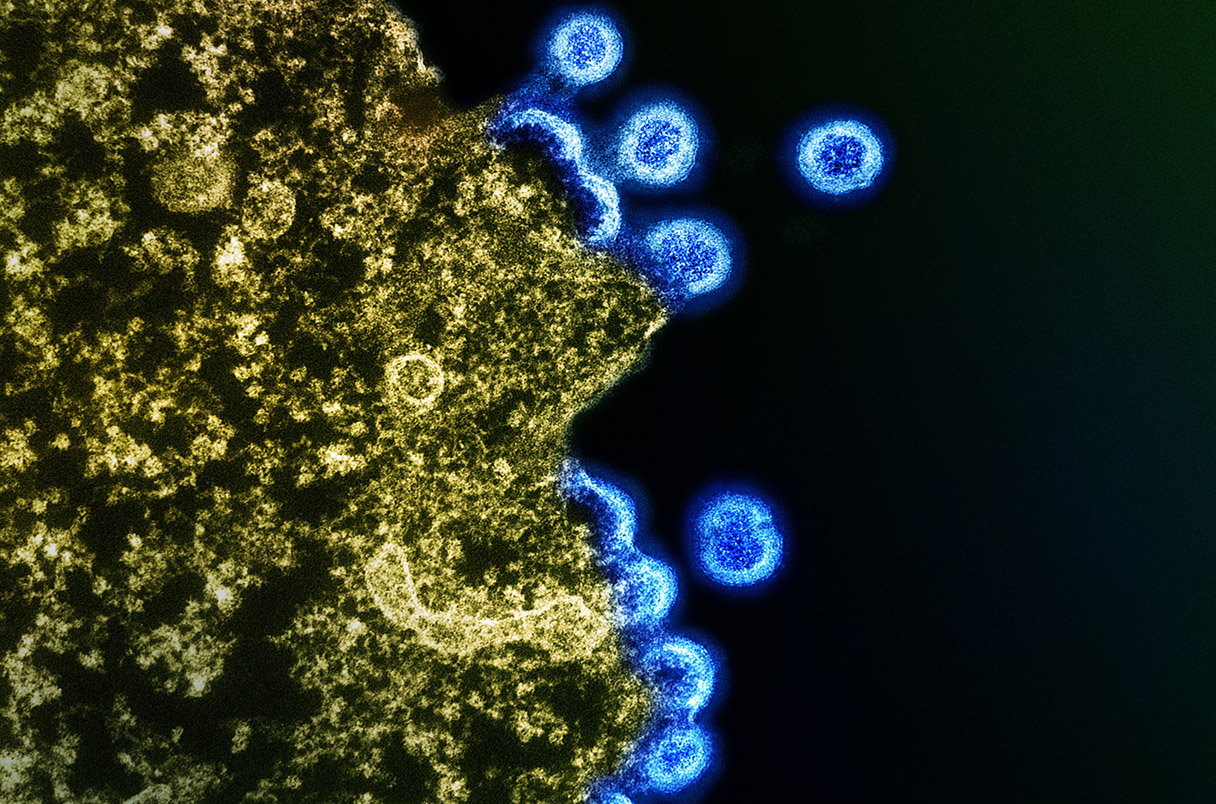
News
Immediate treatment after an infection theoretically has a better chance of shrinking viral reservoirs. With adults, people rarely know with precision when they became infected, but the timeline is clearer for babies infected in utero. Once treatment has depleted the reservoirs, they should be easier for the immune system to contain. Over time, in theory, it could destroy all HIV-infected cells, or at least all the cells capable of producing virus.
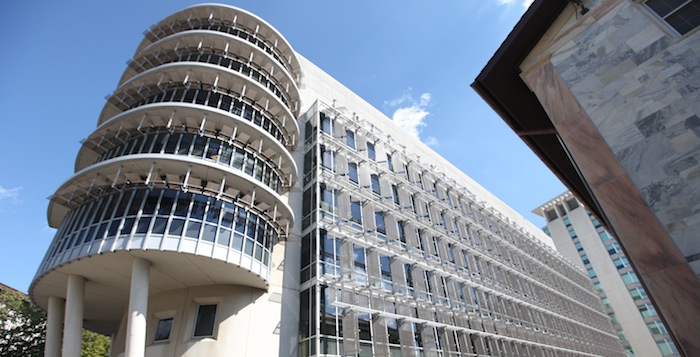
News
Emory University received two grants amounting to $25 million and $26.7 million each from the National Institutes of Health (NIH) for research into HIV cures on Aug. 17. The grants, which will be disbursed over the next five years, are part of a larger $53 million per annum award by the NIH to 10 research organizations that are part of the Martin Delaney Collaboratories for HIV Cure Research.
